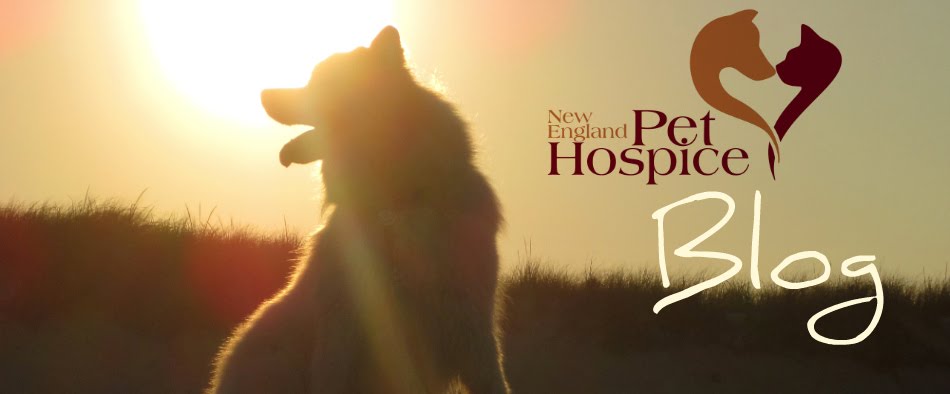Don't be sad it's over, be glad it happened

and the many variations of it. It is one of those trite expressions that looks good on paper and seems comforting, but is really nonsensical.
First, we feel what we feel. Sadness is every bit as legitimate as gladness. It's an important emotion that should not be shunned or hidden. Sadness is a healthy part of mourning. Anyone supporting a grieving person should not only accept their sadness but encourage it. We must move through our emotions, not around or over them.
Second, no matter how much we would like, we cannot flip a switch to change heartache to joy. It simply doesn't work like that. We cannot do that anymore than we can fall in love with someone we dislike or hate someone we love.
Third, it is precisely because we are glad it happened that we are sad it is over. Think about it - why would you be sad if you weren't happy first? The truth is that your sadness that someone has passed or a time has ended is in direct proportion to how much you loved that being or how much you enjoyed what you had. The reality is that more you loved, the sadder you will be.
Fourth, the expression carries with an overtone of reproach and superiority. Don't presume to tell me that I have failed to appreciate what I had. It is because I am keenly aware of how wonderful the being or time was, that I now - rightfully - am sad and grieve the loss, in my way and in my time.
Like most expressions said at times of grief, the speaker is well intentioned, trying to bring comfort. We are so uncomfortable witnessing sadness, loss and grief that we try to find a simple, quick answer but in doing so do not help our friends and loved ones. We create a void, a chasm between us, alienating someone who desperately needs compassion and connection.
Think about it - if someone said something like this to you when you were in deep despair, would you feel comfortable pouring your heart out and letting your tears flow? Or would you feel like there must be something wrong with you for feeling so sad? Would you say to your friend, "you're right" and end the discussion?
Your friend and loved one needs your ear, your heart and your love. They don't need a cure or a fix. Only they can do that work.
So next time you feel tempted to utter a canned response, try this instead. "I am so sorry for your loss. Buddy was a really special dog. I know how much you loved him; this must be so hard for you. Would you like to talk about him?"
Be prepared that this may open the floodgates, but if it does, that is precisely what your loved one needs. And if it doesn't, don't take offense. It only means she is not ready but you have proven yourself to be a true and trusted friend to whom she can come in the future.

You tell 'em!!!
ReplyDeleteOn behalf of all who grieve the death/loss of their beloved animal companions, thank you for this excellent post.
Marcella
http://twitter.com/PetGrief
My pleasure. Glad you found it helpful!
ReplyDelete